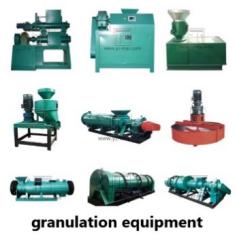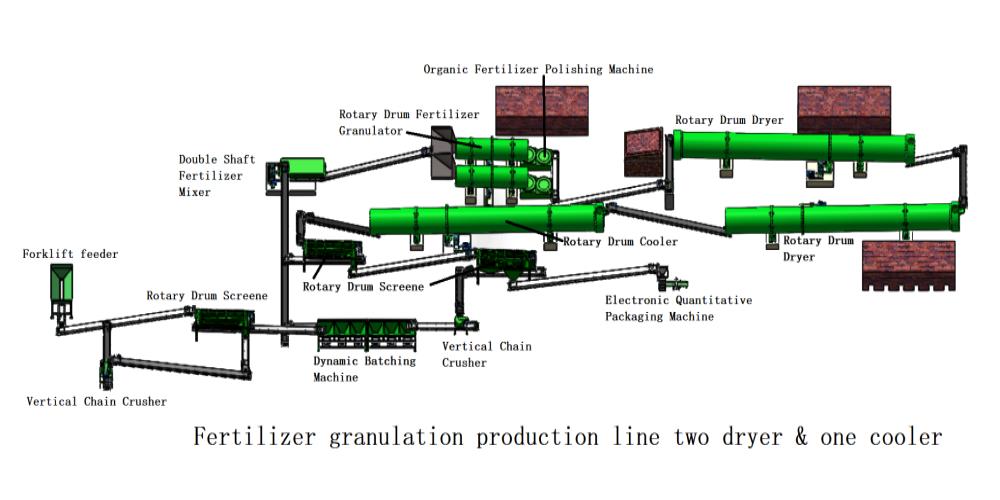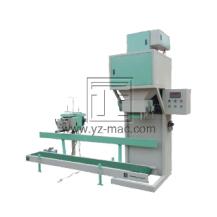Organic waste composter machine
An organic waste composter machine is a solution for converting organic waste into nutrient-rich compost. Designed to accelerate the decomposition process, these machines offer efficient waste management and environmental sustainability.
Benefits of an Organic Waste Composter Machine:
Waste Reduction and Diversion: Organic waste, such as food scraps, garden waste, and agricultural residues, can account for a significant portion of municipal solid waste. By using an organic waste composter machine, this waste is diverted from landfills, reducing environmental impact and landfill space.
Rapid Decomposition: Organic waste composter machines employ advanced technologies and processes to accelerate the decomposition of organic materials. The machines provide optimal conditions of temperature, moisture, and aeration, promoting the growth of beneficial microorganisms that break down the waste quickly.
Nutrient-Rich Compost Production: The compost produced by an organic waste composter machine is rich in essential nutrients and organic matter. This nutrient-rich compost enhances soil fertility, improves plant growth, and reduces the reliance on synthetic fertilizers, supporting sustainable agriculture and horticulture practices.
Odor and Pest Control: Effective composting with an organic waste composter machine helps control odors and reduce the attraction of pests and insects. The enclosed design and proper management of the composting process prevent foul odors from escaping, ensuring a pleasant environment.
Working Principle of an Organic Waste Composter Machine:
Organic waste composter machines utilize a combination of mechanical, biological, and controlled environmental processes to facilitate composting. The waste is loaded into the machine, where it undergoes a series of stages, including shredding, mixing, and aeration. The machine ensures the right balance of moisture, temperature, and oxygen, optimizing conditions for the microorganisms responsible for decomposition. Over time, the waste is transformed into nutrient-rich compost.
Applications of Organic Waste Composter Machines:
Residential and Community Settings: Organic waste composter machines find applications in residential complexes, educational institutions, and community centers. These machines efficiently process kitchen waste, garden trimmings, and other organic materials, allowing communities to convert their waste into compost for use in gardens and landscaping.
Commercial and Industrial Facilities: Large-scale organic waste generators, such as restaurants, hotels, supermarkets, and food processing plants, can benefit from organic waste composter machines. These machines offer an efficient and sustainable solution for managing substantial volumes of organic waste, reducing disposal costs, and producing valuable compost.
Agricultural and Farming Operations: Organic waste composter machines play a crucial role in agriculture and farming. Farmers can transform crop residues, animal manure, and other farm waste into nutrient-rich compost, which can be used as a natural soil amendment to improve soil health and increase crop productivity.
Municipal Solid Waste Management: Municipalities can employ organic waste composter machines as part of their integrated waste management systems. By diverting organic waste from landfills and converting it into compost, these machines contribute to waste reduction goals, promote resource recovery, and support sustainable waste management practices.
An organic waste composter machine offers a sustainable solution for efficiently managing and converting organic waste into nutrient-rich compost. By accelerating the decomposition process, these machines enable waste reduction, produce high-quality compost, and contribute to environmental sustainability. Whether in residential, commercial, or agricultural settings, organic waste composter machines play a crucial role in transforming waste into a valuable resource.








